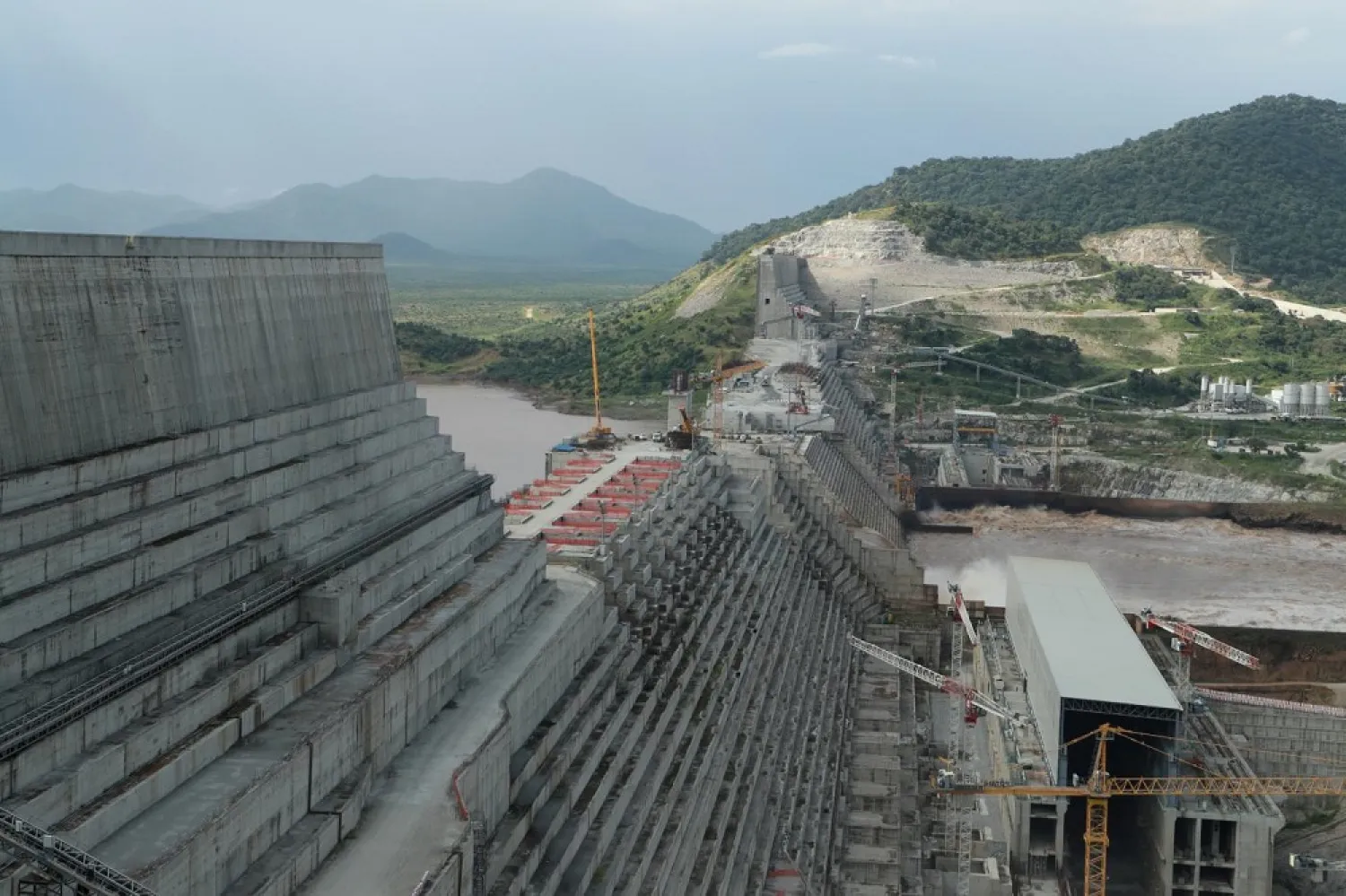Sudan found Ethiopia’s refusal to form a quartet committee to mediate the Grand Ethiopian Renaissance Dam (GERD) talks absurd, considering its argument “unconvincing.”
It reiterated its rejection of any “unilateral filling of the dam reservoir that would threaten the lives of its citizens and water installations.”
Sudanese Irrigation and Water Resources Minister Yasser Abbas urged Addis Ababa to accept its proposal to expand the mediating parties to include the European Union, the United Nations, the United States and the African Union.
He said these parties might make a breakthrough in the stalled negotiations between the three countries.
Ethiopia has refused to involve the quartet in GERD talks and considered the step an attempt by Cairo and Khartoum to delay the dam’s second filling process. It renewed its commitment to the AU-led talks.
In a speech marking World Water Day on Monday, Abbas noted that the dam talks have so far faltered due to the negotiation methodology, adding that Sudan has repeatedly demanded expanding the role of the AU to facilitate talks and reach a legally binding agreement among the concerned parties.
He warned Ethiopia that the unilateral filling of the reservoir threatens electricity generation from Sudan’s Merowe Dam and Roseires Dam and endangers the lives of 20 million Sudanese people.
The dam should not be a source of regional instability, Abbas said, but a source of cooperation and good neighborliness.
Egypt and Sudan are calling for a legally binding agreement on the GERD’s filling and operation to guarantee their water rights, while Ethiopia refuses to commit to any agreement that limits its ability to develop its resources.
Sudan has hinted it may resort to other legal options, including the UN Security Council or international arbitration, if Addis Ababa proceeds in the filling process.
Prime Minister Abdalla Hamdok has sent formal letters to the four international parties to formally request their mediation on GERD issue.
Addis Ababa plans to fill the dam reservoir with 13.5 billion cubic meters of water in the upcoming rainy season, almost three times the amount of the first filling in 2020.









